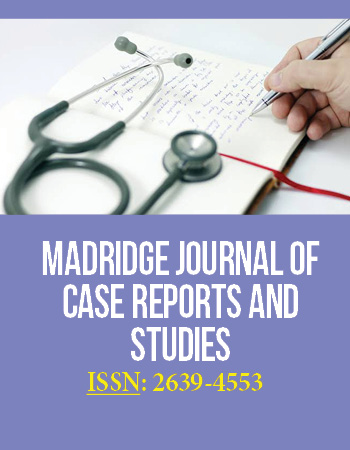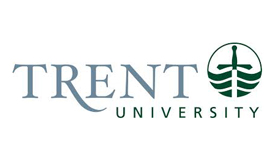Editorial Article
Transgender Healthcare in Medical Curriculum
Associate Professor, Department of Physiology, Dhanalakshmi Srinivasan Medical college and Hospital, Perambalur, Tamilnadu, India
*Corresponding author: Divya R, Associate Professor, Department of Physiology, Dhanalakshmi Srinivasan Medical college and Hospital, Perambalur, Tamilnadu, India, E-mail: divyaashok47@yahoo.in
Received: November 08, 2021 Accepted: November 13, 2021 Published: November 19, 2021
Citation: Divya R. Transgender Healthcare in Medical Curriculum. Madridge J Case Rep Stud. 2021; 5(1): 180-181. doi: 10.18689/mjcrs-1000147
Copyright: © 2021 The Author(s). This work is licensed under a Creative Commons Attribution 4.0 International License, which permits unrestricted use, distribution, and reproduction in any medium, provided the original work is properly cited.
Abstract
The transgender population forms a significant minority in South Asian countries, including India, Pakistan, Nepal and Bangladesh. The government of India estimates that around 4.8 million people identify as transgender. Even though the transgender population forms a significant minority in the population, Transgender physiology still remains as an unexplored area of research in medical field. This article focuses on the need for inclusion of transgender healthcare in medical curriculum.
Keywords: Transgender health care; LGBTQ health care; Medical curriculum; Medical education.
Transgender Health Care in Medical Curriculum
The transgender population forms a significant minority in South Asian countries, including India, Pakistan, Nepal and Bangladesh. The government of India estimates that around 4.8 million people identify as transgender. Even though the transgender population forms a significant minority in the population, Transgender physiology still remains as an unexplored area of research in medical field [1,2].
The transgender patients have certain health needs that has to be addressed by the medical community. The present medical curriculum needs to be revamped with the much-needed topics related to transgender and LGBTQ community. Proper understanding of basic medical concepts related to LGBTQ health needs, by the medical fraternity is essential for delivering proper health care to the concerned individuals [3,4].
The introductorytopics like definitions of various terms such as Gender, Cisgender, Transgender, Agender, Gender identity, Gender incongruence, Gender dysphoria, Gender transition, Gender affirmation, queer, Sexual orientation, Intersex, Cross dressing, non-binary may be included in transgender physiology in first year of medical school. Topics such as transgender anatomy, normal biochemical parameters, and reproductive physiology may be added to anatomy, biochemistry and physiology subjects respectively. Drugs in hormone replacement therapy and medical management options available may be added to pharmacology. Public health issues, policies related to transgender community can be added to social and preventive medicine. Gender affirming surgery, pubertal health care needs, management of gender dysphoria, reproductive health topics may be added to surgery, paediatrics, psychiatry, obstetrics and gynaecology subjects respectively. Topics related to attitude and communication such as doctor-patient relationship, obtaining consent from patient, Reception and communication with LGBTQ patient and may be included in AETCOM module [1,3]. Inclusion of essential topics and equipping the medical students with correct knowledge and attitude about the LGBTQ health issues will pave way for proper health care implementation for the community.
References
- Winter S, Diamond M, Green J, et al. Transgender people: health at the margins of society. Lancet. 2016; 388(10042): 390-400. doi: 10.1016/S0140-6736(16)00683-8



